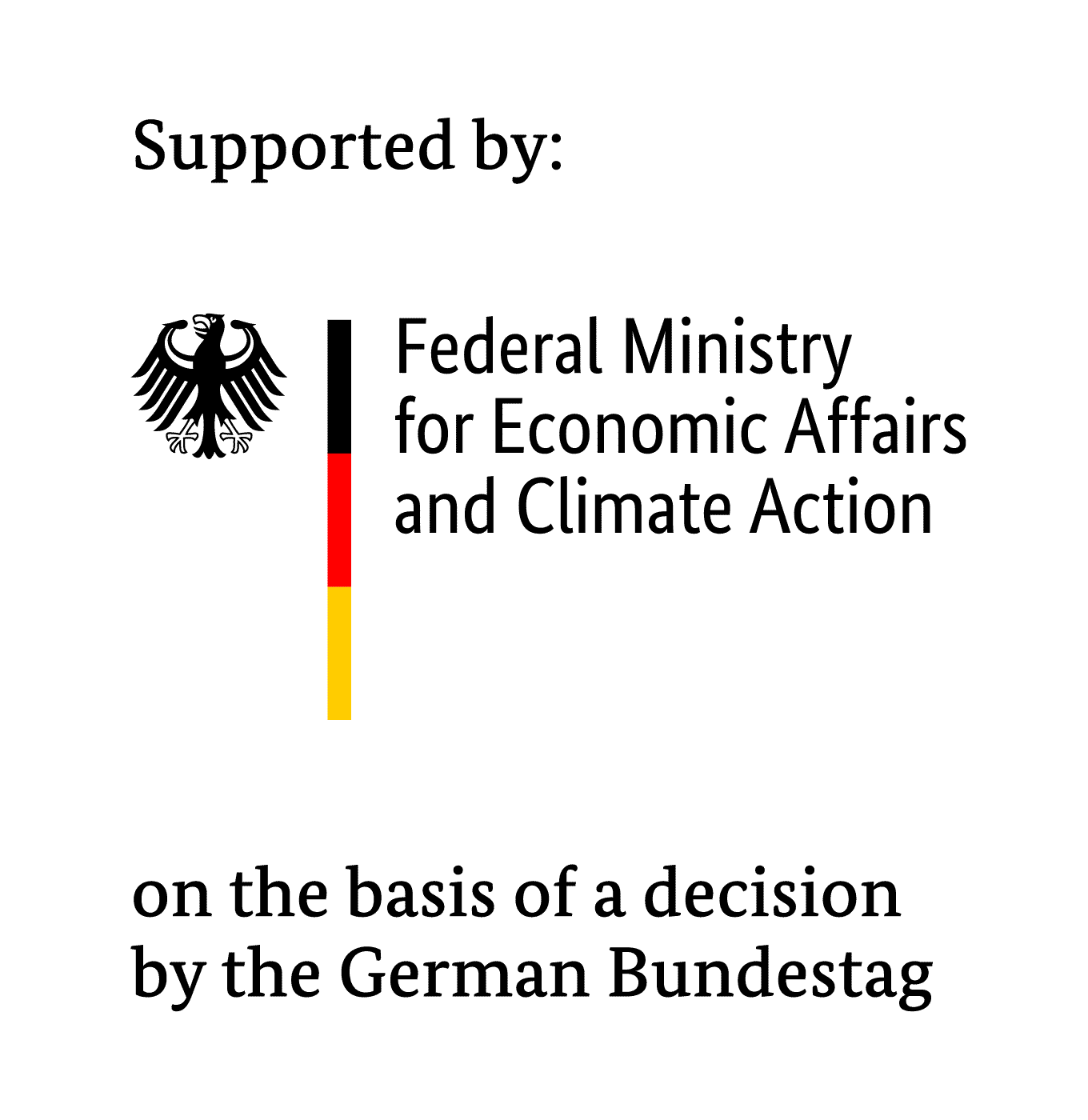Projectname:
System development tool for efficient development of portable GC systems with MOS detector for food quality control
Workgroup:
Research Partner and Scientific Guidance:
in cooperation with DECHEMA Deutsche Gesellschaft für Chemische Technik und Biotechnologie e.V.
IGF: 22938 N
Financing: BMWK
Duration: 2023 – 2025
In the project, a system development tool (SENT) is being researched that enables simple, model-based, cost-efficient, application-optimized gas chromatography system development for various fields of application. For this purpose, novel detector modules based on miniaturized semiconductor gas sensors and analyte enrichment using preconcentrators are being researched. On the basis of the platform, a GC analysis system ("OxiVOC-GC") up to TRL 6 is being developed using the example of two sample applications from the food industry for the identification of fatty acid oxidation product thresholds and mold infestation.
The VOCs resulting from fat oxidation are perceived by humans as a rancid-greasy odor impression. In chocolate production (nuts, seeds), for example, this leads to customer rejection of the product. The demonstrator to be developed should detect oxidation products before human perception and discriminate mold infestation from fat oxidation. This is made possible by a portable, robust gas chromatography detector system that takes analytes by means of contact-free sampling, separates them on a miniaturized gas chromatography column and detects and quantifies them with a sensitive semiconductor gas sensor.
The early detection of quality changes in oily raw materials and products significantly increases the competitiveness of food manufacturers and processors in the PA. In addition, the knowledge gained in the project for miniaturized, modular GC detector handheld devices for VOC analysis can be transferred to other applications and industries. After the end of the project, this will result in a faster market entry for the component and measurement system manufacturers of the SME-influenced PA via the sample application and, in the long term, a sustainable range of services in the field of miniaturized, modular GC detector handheld devices.

The IGF project presented here is funded as part of the program for the promotion of industrial community research (IGF) by the Federal Ministry for Economic Affairs and Climate Action based on a decision of the German Bundestag.